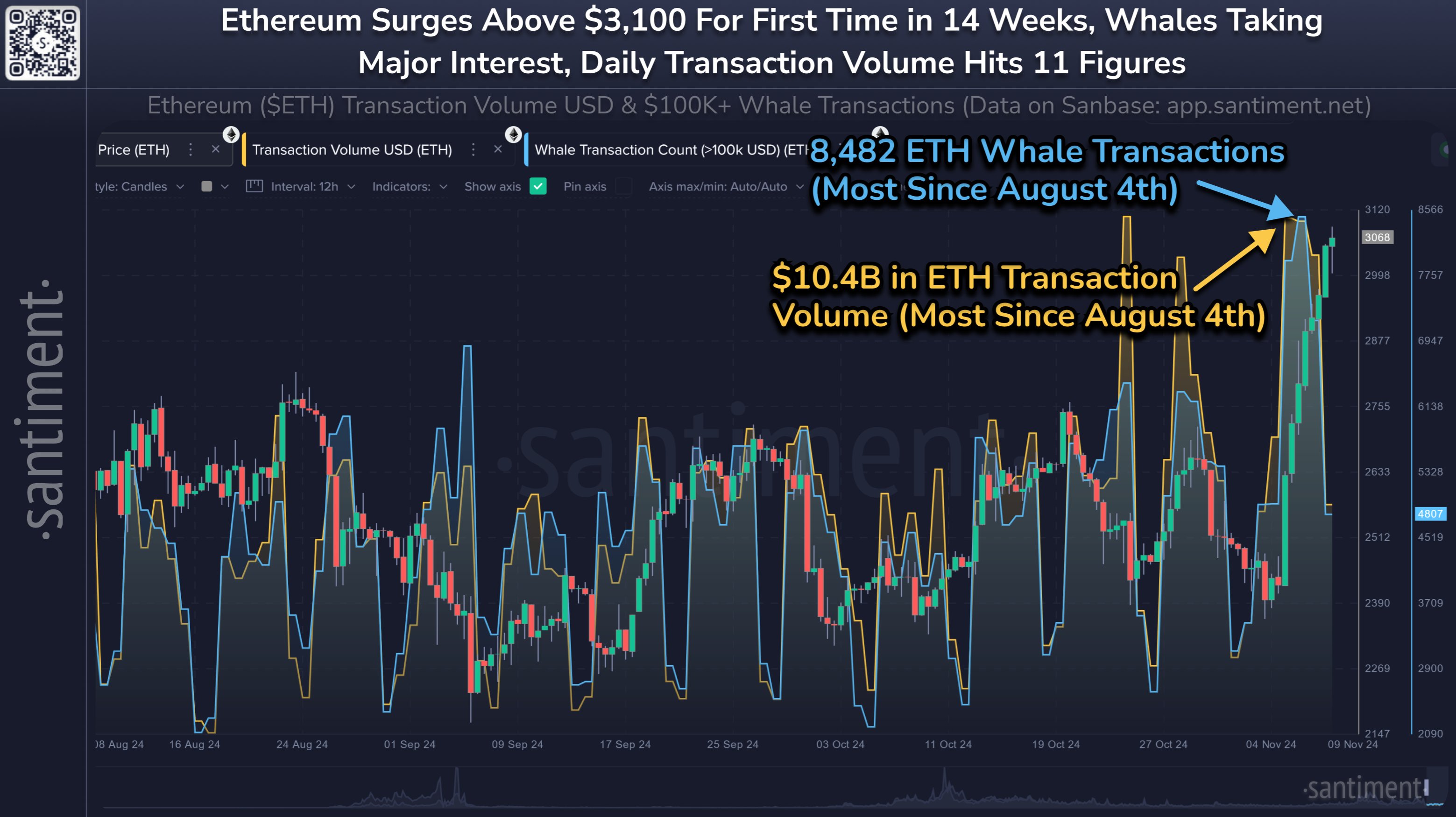An indictment was unsealed at a court in the US state of California recently, charging two Chinese nationals alleging they played leading roles in a scheme to launder proceeds from cryptocurrency investment scams.
“Daren Li, 41, a dual citizen of China and St. Kitts and Nevis, and a resident of China, Cambodia, and the United Arab Emirates, was arrested on April 12 at Hartsfield-Jackson Atlanta International Airport and subsequently transported to the Central District of California,” US Department of Justice said in a statement.
Yicheng Zhang, 38, a Chinese national and resident of Temple City, California, was arrested in Los Angeles.
“Cryptocurrency investment scams exploit the borderless nature of virtual currency and online communications to defraud victims,” said Deputy Attorney General Lisa Monaco. “While fraud in the crypto markets takes on many forms and hides in many far-off places, its perpetrators aren’t beyond the law’s reach. Today, we announce the arrests of two foreign nationals charged for leading a scheme to launder funds to the tune of at least $73 million tied to an international crypto investment scam. These arrests — made possible through the assistance of our international and U.S. partners — reflect the Justice Department’s ongoing commitment to disrupting the entire cybercrime ecosystem and stopping fraud across all financial markets.”
According to court documents, Li, Zhang, and other conspirators allegedly managed an international syndicate that laundered proceeds of cryptocurrency investment scams, which are also known as “pig butchering.”
Victims of the schemes under investigation were fraudulently induced into transferring millions of dollars to U.S. bank accounts opened in the names of dozens of shell companies whose sole apparent purpose was to facilitate the laundering of fraud proceeds.
A network of money launderers then facilitated the transfer of those funds to other domestic and international bank accounts and cryptocurrency platforms in a manner designed to conceal the source, nature, ownership, and control of the funds.
The fraud scheme involved more than $73 million laundered through U.S. financial institutions to bank accounts in The Bahamas, and converted to the virtual asset USDT, or Tether.
A cryptocurrency wallet involved in the scheme received more than $341 million in virtual assets.
“As alleged in the indictment, Li and Zhang helped launder millions of dollars obtained from victims of cryptocurrency investment scams,” said Principal Deputy Assistant Attorney General Nicole M. Argentieri, head of the Justice Department’s Criminal Division. “Money laundering is critical to the success of these scams, allowing fraudsters to quickly move illicit proceeds and try to make them appear legitimate. The arrests announced today demonstrate the Criminal Division’s commitment to disrupting the sophisticated financial networks on which these scams depend and holding those involved accountable, no matter where they may be found.”
“Sophisticated financial scams such as these are a dangerous threat to the financial wellbeing of all Americans,” said U.S. Attorney Martin Estrada for the Central District of California. “While my office will continue to root out and punish these deceitful schemes, I encourage everyone to educate themselves on pig butchering and other kinds of financial fraud to protect their families against such predatory activity. Vigilance is key.”
Li and Zhang allegedly instructed co-conspirators in the laundering network to open bank accounts in the names of various shell companies.
Once the victims sent funds to the shell companies, Li and Zhang monitored the lower-level co-conspirators who transferred the proceeds overseas to bank accounts at Deltec Bank in The Bahamas.
One of the Deltec Bank accounts was operated with the financial assistance of Li. The funds were then allegedly converted into cryptocurrency and sent to virtual-asset wallets, including at least one controlled by Li.
Zhang allegedly also directly received victim funds. Communications revealed extensive coordination to facilitate the international money laundering, including chats discussing the commission structure for the network, various shell companies used, victim information, and at least one video from a conspirator calling a U.S. financial institution.
“Complex financial fraud schemes such as pig butchering present a clear and present threat to the financial infrastructure of the United States as countless numbers of Americans continue to be victimized by this predatory activity,” said Assistant Director of Investigations Brian Lambert of the U.S. Secret Service. “In 2023, the Secret Service with our partners recovered more than $1.1 billion in financial fraud and we are on pace to exceed that number this year. A special thank you to the special agents, support teams, and our prosecutorial partners for their exceptional work in bringing this case to justice.”
Li and Zhang are both charged with conspiracy to commit money laundering and six substantive counts of international money laundering. If convicted, the defendants face a maximum penalty of 20 years in prison on each count.
The U.S. Secret Service’s Global Investigative Operations Center is investigating the case. The Homeland Security Investigations’ El Camino Real Financial Crimes Task Force, Customs and Border Protection’s National Targeting Center, Dominican Republic National Drug Directorate Sensitive Investigative Unit and Fugitive Task Force, U.S. Marshals Service, Drug Enforcement Administration, and the Justice Department’s Office of International Affairs provided assistance.
The National Cryptocurrency Enforcement Team (NCET) of the Criminal Division’s Computer Crime and Intellectual Property Section (CCIPS) and U.S. Attorney’s Office for the Central District of California are jointly prosecuting the case.
CCIPS/NCET Trial Attorney and Assistant U.S. Attorney Maxwell Coll for the Central District of California, CCIPS/NCET Trial Attorney Stefanie Schwartz, and Assistant U.S. Attorney Nisha Chandran for the Central District of California are prosecuting the case.
Credit: Source link















































